
5 Career Opportunities for Full Stack Development
Mar 05, 2025 4 Min Read 4763 Views
(Last Updated)
Are you someone who loves coding and designing, and dreams of creating cool digital stuff? Ever wondered what awesome job opportunities are waiting for you in the field of Full Stack Development? Well, this blog is just for you! We’re going to talk about Full Stack Development and the cool career opportunities you can get in this tech-driven world.
In this blog, we’ll explore some of the wonderful Career Opportunities for Full Stack Development. These career opportunities are the most demanding and high-paying ones in the current IT industry. Excited? Well, let’s get started on this journey together. We’ll show you how to build an exciting career in Full Stack Development, and who knows, you might become the next tech superstar! So, let’s go!
Table of contents
- Career Opportunities for Full Stack Development
- Full-Stack Developer
- Front-End Developer
- Back-End Developer
- DevOps Engineer
- Software Engineer (Full-Stack)
- Skills Needed to be a Full-Stack Developer
- Proficiency in Multiple Programming Languages
- Knowledge of Front-End Frameworks
- Back-End Development and Database Management
- Problem-solving and Troubleshooting
- Adaptability and Continuous Learning
- Career Opportunities for Full Stack Developers - Conclusion
- Frequently Asked Questions
Career Opportunities for Full Stack Development
Full-Stack Development offers an exciting array of job prospects for tech enthusiasts like you! Here are the top five career opportunities in Full-Stack Development and how each role contributes to shaping the digital landscape.
1. Full-Stack Developer
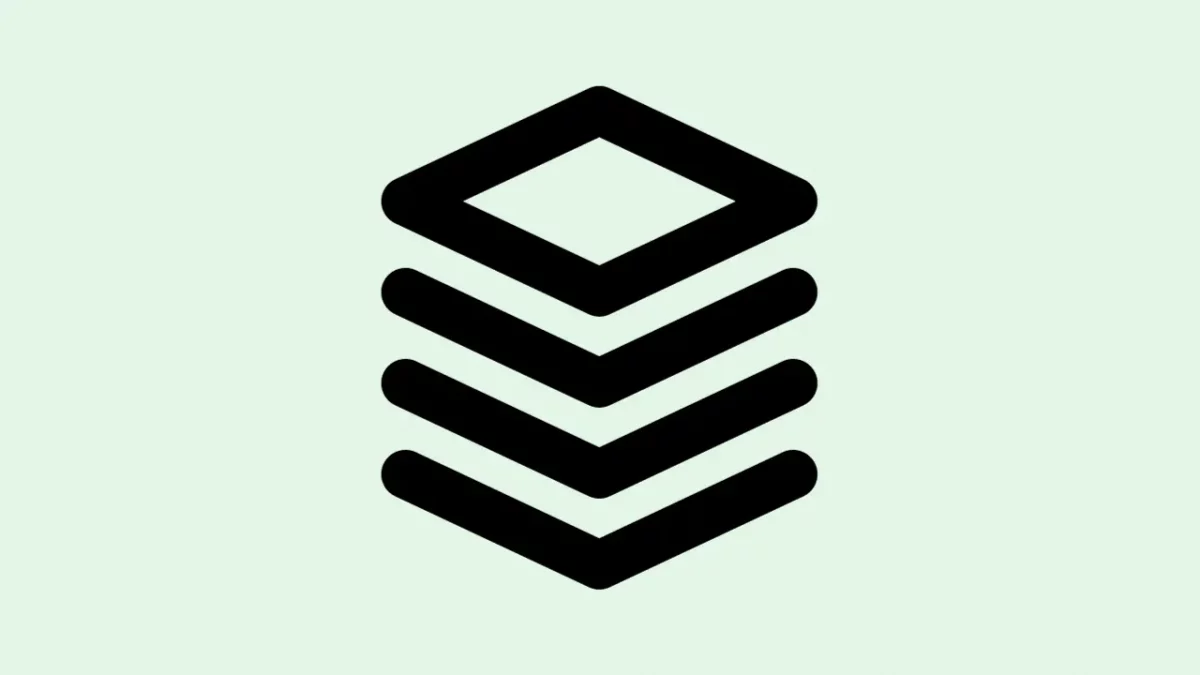
Full-Stack Developers are proficient in various programming languages, frameworks, and databases, enabling them to work on all aspects of a web application. From designing user interfaces with HTML, CSS, and JavaScript to managing servers and databases, Full-Stack Developers can handle it all. Their versatility allows them to be involved in the entire development process, from conception to deployment.
A career as a Full-Stack Developer offers endless opportunities to work on diverse projects. You could be crafting e-commerce platforms, developing interactive web applications, or creating dynamic mobile apps. This role also opens doors to various industries, allowing you to explore sectors like finance, healthcare, education, and more.
Before diving into the next section, ensure you’re solid on full-stack development essentials like front-end frameworks, back-end technologies, and database management. If you are looking for a detailed Full Stack Development career program, you can join GUVI’s Full Stack Development Course with placement assistance. You will be able to master the MERN stack (MongoDB, Express.js, React, Node.js) and build real-life projects.
Additionally, if you want to explore JavaScript through a self-paced course, try GUVI’s JavaScript certification course.
2. Front-End Developer
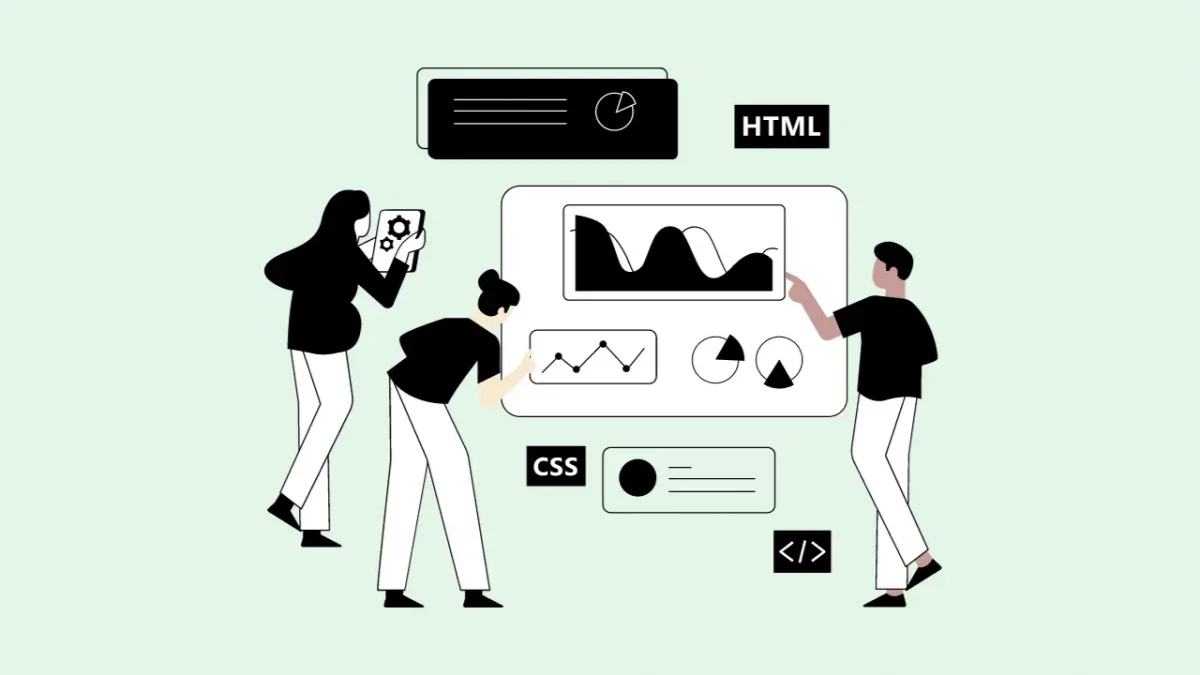
If you have a keen eye for design and a passion for creating visually appealing interfaces, a Front-End Developer role might be perfect for you. Front-end developers focus on the user-facing part of web applications, ensuring that the design is not only aesthetically pleasing but also functional and intuitive. They work closely with designers to translate mockups into interactive web pages using HTML, CSS, and JavaScript.
Front-end developers are responsible for optimizing website performance, ensuring compatibility across different devices and browsers, and implementing responsive designs. As the digital world becomes increasingly user-centric, Front-End Developers play a crucial role in delivering exceptional user experiences.
3. Back-End Developer

Behind every smooth-running web application lies the expertise of a Back-End Developer. Back-end developers are responsible for building the server side of web applications, handling databases, and managing server operations. They work with programming languages like Python, Ruby, PHP, or Java, and frameworks like Django, Ruby on Rails, or Laravel.
Back-end developers focus on the logic and functionality that powers web applications, making sure they operate efficiently and securely. They collaborate with Front-End Developers to create seamless interactions between the user interface and server, ultimately delivering robust and scalable web applications.
4. DevOps Engineer
DevOps Engineers play a crucial role in the development and deployment process. They bridge the gap between development and operations teams, ensuring a seamless and efficient workflow. DevOps Engineers use automation tools to streamline the building, testing, and deployment of web applications.
In addition to their technical skills, DevOps Engineers possess excellent communication and collaboration abilities. They work closely with developers, testers, and system administrators to optimize the development process and deliver high-quality products.
5. Software Engineer (Full-Stack)
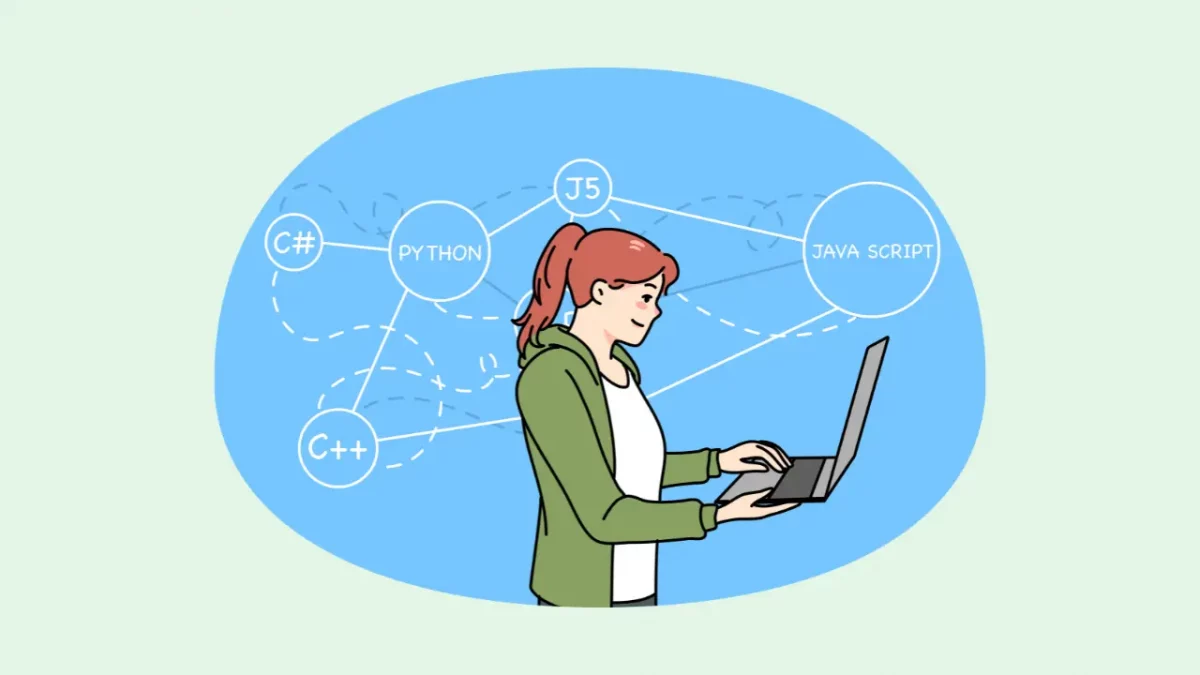
A Software Engineer expertise combines both front-end and back-end skills to design and develop complete software solutions. They have a deep understanding of the entire software development life cycle and can create sophisticated applications with seamless integration of different components.
As a Full-Stack Software Engineer, you’ll have the opportunity to work on complex and challenging projects, contributing to the creation of innovative software solutions across industries.
The field of Full-Stack Development presents a wealth of diverse and exciting career opportunities. Whether you choose to be a Full-Stack Developer, Front-End Developer, Back-End Developer, DevOps Engineer, or a Software Engineer with Full-Stack expertise, the journey in this ever-evolving tech world promises to be rewarding, fulfilling, and filled with endless growth prospects.
Skills Needed to be a Full-Stack Developer
Becoming a skilled Full-Stack Developer requires a diverse set of technical and soft skills to handle both front-end and back-end development effectively. Let’s explore five essential skills that are crucial for excelling in this dynamic field.
1. Proficiency in Multiple Programming Languages
A Full-Stack Developer needs to be proficient in multiple programming languages to tackle different aspects of web development. For the front end, knowledge of languages like HTML, CSS, and JavaScript is essential to build interactive and user-friendly interfaces.
On the back end, proficiency in languages like Python, Ruby, PHP, or Java enables them to create server-side logic and handle databases efficiently. Being well-versed in both front-end and back-end languages allows Full-Stack Developers to seamlessly integrate various components of web applications.
2. Knowledge of Front-End Frameworks
Front-end frameworks play a significant role in enhancing the efficiency and scalability of web development projects. Full-Stack Developers should have hands-on experience with popular front-end frameworks like React, Angular, or Vue.js. These frameworks simplify the development process, enable code reusability, and enhance the user experience.
Having expertise in front-end frameworks empowers Full-Stack Developers to build sophisticated and responsive web applications effectively.
3. Back-End Development and Database Management

Back-end development is the backbone of web applications, and Full-Stack Developers must possess a strong understanding of server-side logic. They need to work with technologies like Node.js, Express.js, or Django to handle server operations efficiently.
Additionally, knowledge of database management systems like MySQL, MongoDB, or PostgreSQL is vital to store and manage application data securely. Proficiency in back-end development and database management ensures that Full-Stack Developers can create robust and scalable web applications.
4. Problem-solving and Troubleshooting
Full-Stack Developers encounter various challenges throughout the development process, and strong problem-solving skills are critical to overcome them effectively. They need to identify and resolve issues in both front-end and back-end code, ensuring that the application functions seamlessly.
Excellent troubleshooting skills help Full-Stack Developers tackle bugs and errors efficiently, optimizing the performance of web applications.
5. Adaptability and Continuous Learning
The tech world is constantly evolving, and Full-Stack Developers need to stay updated with the latest trends and technologies. Being adaptable and open to learning new tools and frameworks is crucial to keep pace with industry advancements.
Mastering these five essential skills – proficiency in programming languages, front-end frameworks, back-end development, problem-solving, and adaptability – will empower aspiring Full-Stack Developers to build exceptional web applications and thrive in this rapidly growing and rewarding field of technology.
There are also certain roles and responsibilities you should know before getting into full-stack development.
Kickstart your Full Stack Development journey by enrolling in GUVI’s certified Full Stack Development Course with placement assistance where you will master the MERN stack (MongoDB, Express.js, React, Node.js) and build interesting real-life projects. This program is crafted by our team of experts to help you upskill and assist you in placements.
Alternatively, if you want to explore JavaScript through a self-paced course, try GUVI’s JavaScript course.
Career Opportunities for Full Stack Developers – Conclusion
To wrap it up, Career Opportunities for Full Stack Development offers immense job roles out there! With skills in both front-end and back-end technologies, Full Stack Developers can create awesome web applications from scratch. Their ability to solve problems and continuously learn new things makes them superstars in the tech world.
We’d love to hear from you! If you’re thinking about a career as a Full Stack Developer or if you’re already on this exciting journey, share your thoughts in the comments below. Let’s chat, learn from each other, and build an awesome community of tech lovers. Together, we can make a big impact in the world of Full Stack Development.
So, what are you waiting for? Jump into Full Stack Development, embrace the challenges, and create a bright future full of possibilities! Comment below, and let’s start the conversation!
Frequently Asked Questions
Full Stack Development is a field of web development where developers have the skills to work on both the front-end, back-end, and database of a web application. They can handle everything from designing user interfaces to managing databases and server-side logic.
Full Stack Developers should be proficient in multiple programming languages. For front-end development, they need to know HTML, CSS, and JavaScript. For back-end development, languages like Python, Ruby, PHP, or Java are commonly used. Additionally, they might also work with frameworks like React, Angular, or Node.js.
Full Stack Developers have a wide range of career opportunities. They can work as Full Stack Developers, Front-End Developers, Back-End Developers, DevOps Engineers, or Full-Stack Software Engineers. Various domains for full-stack developers include e-commerce, finance, healthcare, and technology.
Successful Stack Developers should have proficiency in programming languages, front-end frameworks, back-end development, and database management. Continuous learning is also important to keep up with the evolving tech world.
To start a career in Full Stack Development, you can begin by learning the basics of HTML, CSS, and JavaScript for front-end development. Then, dive into back-end technologies like Python, Ruby, or Java. Online tutorials, courses, and coding boot camps are excellent resources for building your skills. Also, working on personal projects and contributing to open-source projects can showcase your abilities to potential employers.

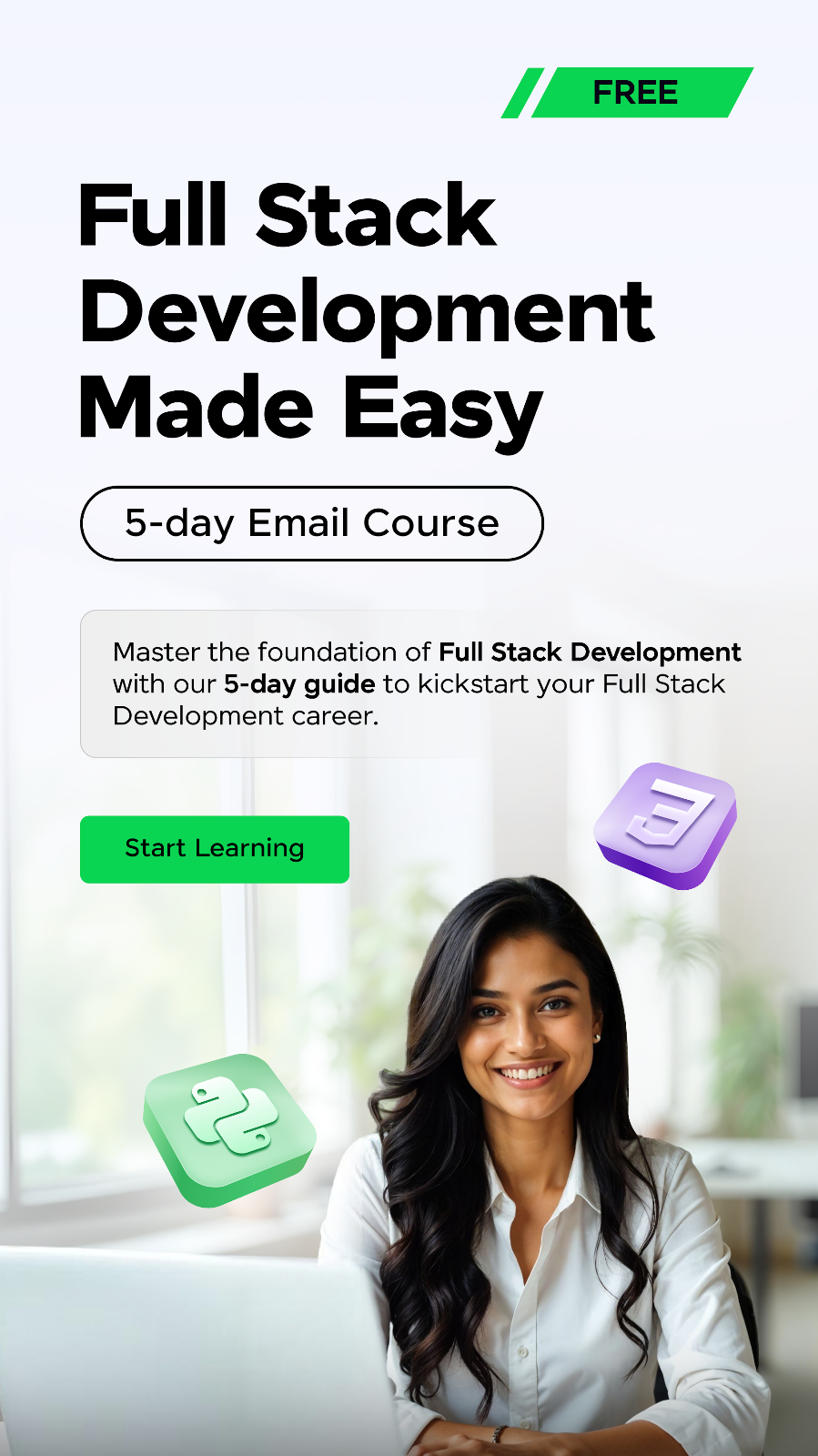





















![Top 10 Mistakes to Avoid in Your Data Science Career [2025] 9 data science](https://www.guvi.in/blog/wp-content/uploads/2023/05/Beginner-mistakes-in-data-science-career.webp)
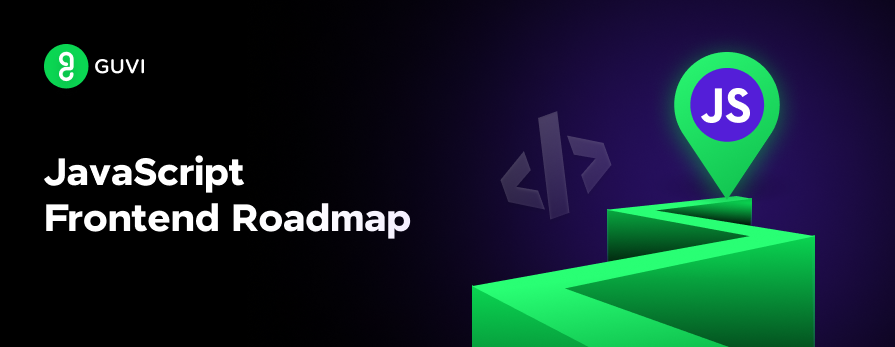

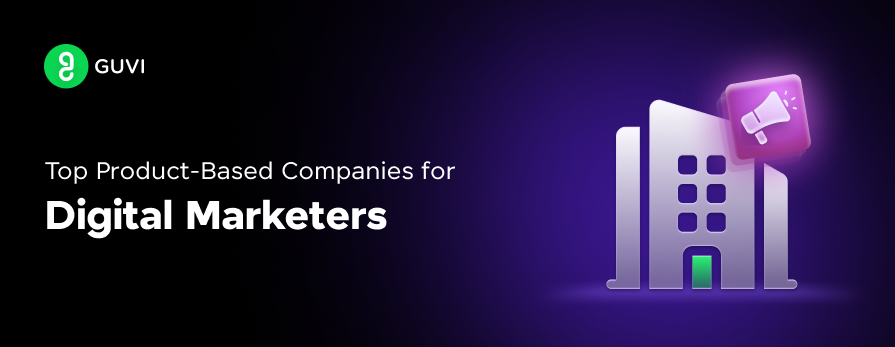
![Top React Interview Questions and Answers! [Updated] 13 React Interview Questions](https://www.guvi.in/blog/wp-content/uploads/2022/01/Top-React-Interview-Questions-and-Answers.webp)
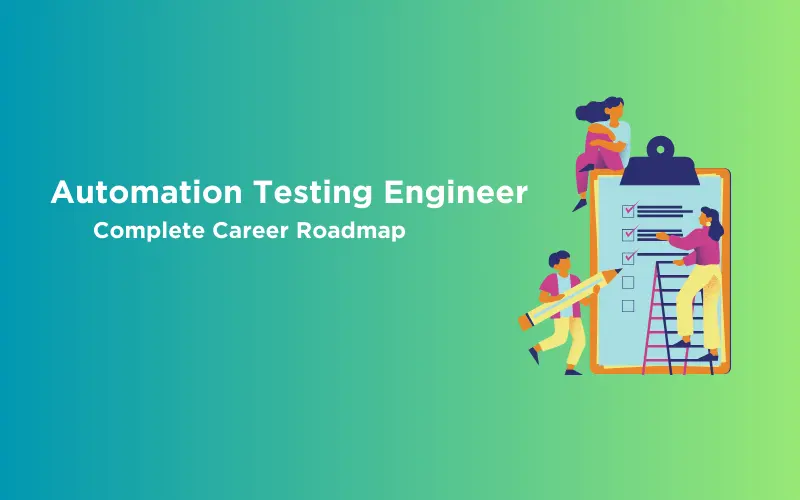
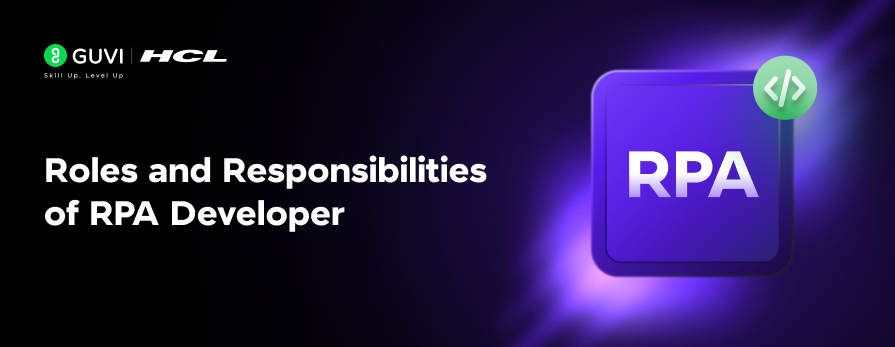

Yes I enjoyed it!
Very satisfactory and well detailed and knowledgeable as well as understandable due to simple language used